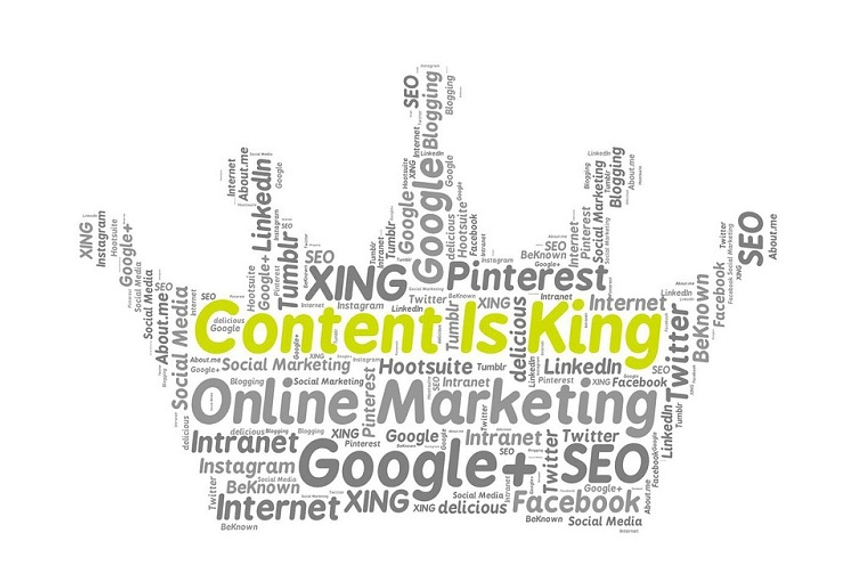
Please sign in or register
Existing users sign in here
Having trouble signing in?
Contact Customer Support at
[email protected]
or call+91 22 69489600
In an era of transient digital memories, how do storytellers create content that endures?

Contact Customer Support at
[email protected]
or call+91 22 69489600
Top news, insights and analysis every weekday
Sign up for Campaign Bulletins
Incumbent Mother declined to repitch; Ikea is handling the review internally.
The historic ICC win was the result of decades of persistence away from television cameras and marketing budgets.
The content series also connects to the automaker’s ‘12 Days of Christmas’ giveback initiative.
Review aimed to 'reduce complexity, improve execution and accelerate growth'.